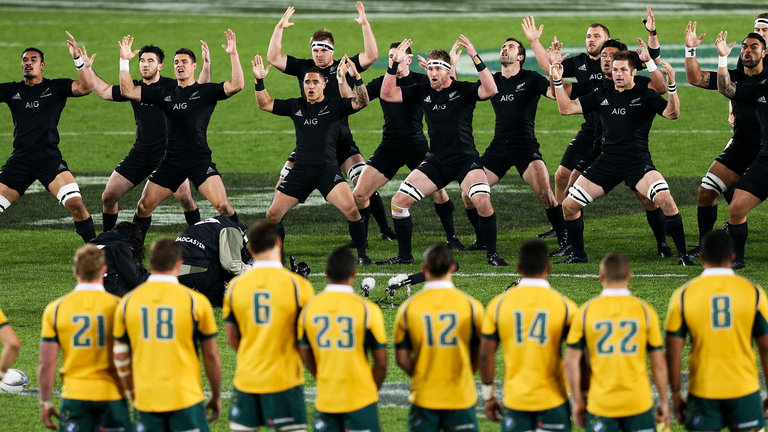There is an expectation that finals and derby’s are going to be low scoring affairs, regardless of what level you are playing at.
Typically they are. Teams play more defensively, and normally the team that manages the pressure better, has the edge. Both teams will normally up the intensity in the way they play, and the players will be more hyped or psyched.
The challenge here is that sometimes there is too much hype, too much psych and that extra adrenaline starts to affect muscle co-ordination and the decisions making skills of the players (and sometimes even the coaches).
In any team there will be a group of players that play best when they have a relatively high level of tension, and a group who plays best when there is relatively low level of tension. Many high-tension players want the butterflies in the stomach; they want to feel pumped, whereas for many low tension players it is different. They know they are in for a big game, but want to feel relaxed and calm.
The challenge here is that a coach will normally speak to his team in a specific way. If he was high tension, he would normally hype the guys up, “There is no friendship today boys, just winners and losers! We are the winners!” “This is it! This is what our whole season has been about, this one game!” and if he was low tension and wanted to calm the players down he might say, “Boys, we need to do today what we have done all season, don’t worry about who you are playing, when you play your game the results will look after themselves.”
So any singular approach will only be effective for a portion of the players. The other problem is that with it being an important match, the players themselves, fans, friends, administrators and family would often add to the tension mix by adding their comments and ideas. All this extra commentary means that your change room will have players that arrive differently to what they normally do – their behaviour will start to indicate that the pressure has affected them.
If it is a big game, I am first checking for if they players truly believe they can win – sometimes it takes time (and some coaching work) for a side to get their minds around winning a big trophy, a big game, a championship if they haven’t done it before. As I spoke about in a previous article, most teams look to the past to decide what they can do in the present. If that is the case I use team-coaching techniques to help the players integrate the belief that they can win today.
If I am involved with the team during the week, it is about insuring the intensity in practise is there, as well as the focus and the bigger meaning of “we are preparing ourselves 100% for the challenge ahead.“ Once I get into the locker room before the game, if I have that relationship with the coach that he wants me to speak, I am going for 3 things.
Firstly does this team, right now, believe they can win? If not, I speak to that. Secondly, what does this game mean to the team? I tell the story how there are 2 types of players in a final, firstly there is one that is scared to make a mistake, scared of disappointing his friends and team-mates, and the second that gives his everything and leaves no questions unasked on the field. He leaves no regrets. I then talk about passion for the game of rugby, the excitement of playing, what it means and get the players to think about what it means to them. Then, once they have a pull motivation for playing (what they want to experience), rather than a push motivation (don’t stuff up, don’t fail, etc) The third and final thing I do is to ask them to focus on the challenge.
Challenge is a useful word as it incorporates high and low tension players nicely. “As you think of the challenge facing you today, remember the last time you were awesome at facing a challenge on the rugby field, what did you feel like? What did that movie look like? What did you say to yourself and your team-mates?” This helps the players recreate their ideal playing state for challenge (whether they are high or low tension), and then I use some NLP techniques to further develop the state and enhance it. During this time I always talk about giving up the idea of being perfect, as perfection doesn’t allow for mistakes … however greatness does. Greatness is defined not just by your effort, but also by your recovery. Can you be great to yourselves and your teammates when someone makes a mistake? That is the challenge?
Are you guys ready for it?
by Tim Goodenough | rugbyIQ.com Mental Toughness Specialist

